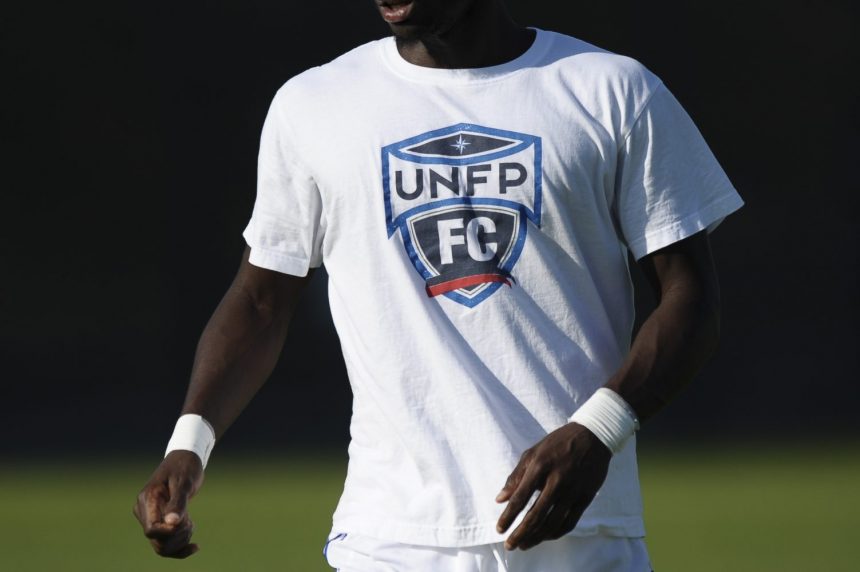The injuries to Désiré Doué (20, midfielder/forward) and Ousmane Dembélé (28, forward) for several weeks during France’s match against Ukraine have sparked a new wave of criticism. Primarily aimed at the French national team’s medical staff—accused of lacking caution with the PSG player—but also at a calendar that is increasingly congested. And they were not the only two to pick up injuries during the international break. The UNFP (French professional footballers’ union) issued a sharp statement, announcing upcoming action.
“Implement new rules, new regulations, a new process as soon as possible”
“World Cup qualifying matches in recent days unfortunately saw players falling like flies, with Désiré Doué and Ousmane Dembélé not the only ones…
If, here and there, belated awareness is now fueling the press and social media, it does not address the core problem—an international calendar that is disrespectful, dangerous for players’ physical and mental health. No one dares believe that FIFA will backtrack in the short term—it must eventually!—and no one, apart from the players’ representatives, wants to confront the international federation, especially after letting it act unchecked for so long…
“That’s why, together, we must, as David Terrier, president of the UNFP and FIFPRO Europe, hopes, implement new rules, new regulations, a new process to nonetheless succeed in protecting the players. All the more so since we are only at the start of a season that will include the World Cup, where the number of injuries will inevitably follow the accumulation of matches, both at club and international level.”
Because players are expected to show up in all circumstances, unable until now to influence the absurd calendar, with no genuine risk prevention—physical or mental—despite the ever-multiplying fixtures, leaving their well-being unprotected…
“We are asking the State to intervene.”
That is why, on July 1, the UNFP filed a complaint with the European Committee of Social Rights, asking it to compel the French State to uphold the European Social Charter, arguing that professional footballers in France face unreasonable working hours and insufficient rest and vacation periods.
“As David Terrier, president of the French union, explains, we are asking the State to intervene. It is impossible, despite repeated communications, actions, and legal complaints, to make FIFA listen to reason. The organization refuses genuine social dialogue, disregarding players’ health, and must be forced to review its international calendar with all stakeholders. Otherwise, the damaging consequences will only multiply—on players’ physical and mental health, but also in disrupting the organization and financing of domestic football and the protection of national teams.”
The desire to protect players’ health is commendable—a concern FIFA does not seem to prioritize. But how far this initiative will go remains unclear. There is little sense that football’s governing bodies are truly listening to repeated warnings, particularly from players themselves. Especially given talk of a Club World Cup to be played every two years.
Of course, the fact that professional players’ salaries are so high makes it hard for some to sympathize. They certainly don’t hesitate to negotiate pay rises, pushing clubs to chase more revenue. Still, they are human beings, and these injuries are a real issue. Accumulated fatigue and the absence of star players also diminish the spectacle—something organizers might finally care about.
In any case, genuine dialogue seems essential. At least extra time is gradually being phased out, a small step forward—though less so if it only leads to even more matches. The issue is complex, and no one seems truly willing to listen. Real change may only come from a major event. The question is: which one?

